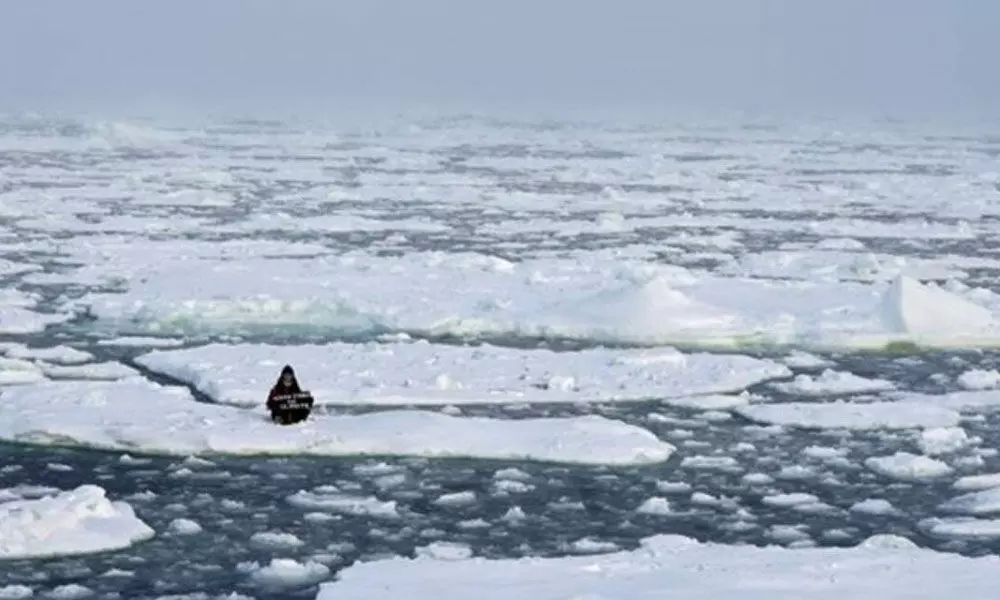India's well-timed policy on Arctic Region

India's well-timed policy on Arctic Region
The recently released India’s Arctic Policy fulfils a longstanding need for a clear articulation on a rapidly transforming Arctic, which is warming three times faster than the rest of the world
The recently released India's Arctic Policy fulfils a longstanding need for a clear articulation on a rapidly transforming Arctic, which is warming three times faster than the rest of the world. This is leading to major transformation of global shipping routes and increased availability of mineral and hydrocarbon resources, both of which are likely to have an immense impact on the geo-political and resources landscape of the world, including India, in the coming years.
The Policy will possibly have a multiplier effect towards enhancing India's engagement in all the relevant aspects of the Arctic, viz. scientific research, climate change and environment; economic and human resources; and geopolitical and strategic. The Policy is deftly dovetailed with the broader policy framework of the Government of India. Above all, it is inclusive and participative and in keeping with India's civilisational ethos as the Manohar Parrikar Institute for Defence Studies and Analyses works claim.
There are six central pillars to India's Arctic policy: Science and research, Environmental protection, Economic and human development, Transportation and connectivity, Governance and international cooperation and National capacity building. Through these pillars, India aims to strengthen national capabilities and competencies in science and exploration, climate and environmental protection, maritime and economic cooperation with the Arctic region.
India seeks to strengthen institutional and human resource capacities within the government and academic, research and business institutions through inter-ministerial coordination in pursuit of Indian interests. It seeks to strengthen institutional and human resource capacities within the government and academic, research and business institutions through inter-ministerial coordination in pursuit of India's interests in the Arctic.
Enhancing understanding of the impact of climate change in the Arctic region on India's climate, economic and energy security while aiming to promote better analysis, prediction and coordinated policymaking on the implications of ice melting in the Arctic on India's economic, military and strategic interests related to global shipping routes, energy security and exploitation of mineral wealth.
Another important aspect is to study the linkages between polar regions and the Himalayas and deepen the cooperation between India and the countries of the Arctic region under various Arctic forums, drawing expertise from scientific and traditional knowledge. The policy also seeks to increase India's participation in the Arctic Council and improve understanding of the complex governance structures in the Arctic, relevant international laws and geopolitics of the region.
India's Arctic Policy is timely and is likely to provide a direction to India's policymakers on contours of India's engagement with the region. It is the first step towards developing a whole-of-government approach on India's engagement with the region. The Policy is also likely to raise awareness about the Arctic within India and vice-versa through conduct of programmes, seminars and events in India and in the Arctic.
However, India must also officially appoint an 'Arctic ambassador/representative' who will represent and voice India's perspectives on Arctic affairs. Constituting a dedicated expert committee to plan, monitor, steer, implement and review India's Arctic policy may help streamline the country's approach in a better manner. India holds one of the 13 positions as the Observer in the Arctic Council which is an intergovernmental body that promotes research and facilitates cooperation among Arctic countries.




